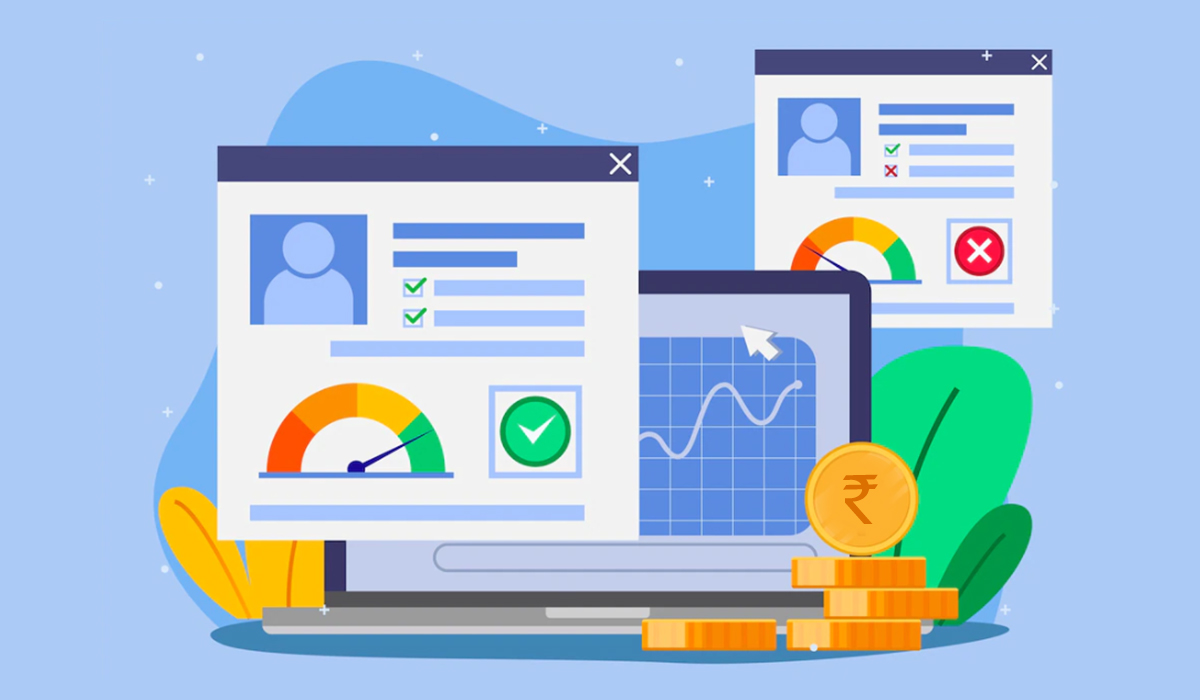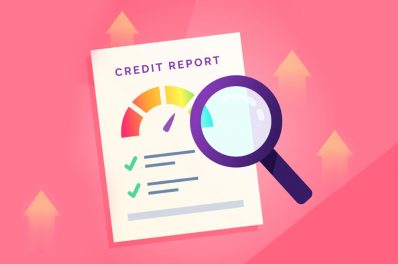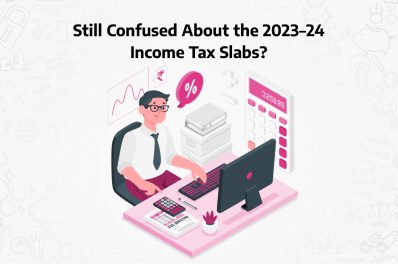
If you’ve ever visited a bank or an NBFC seeking a loan or to apply for a credit card, then you must have come across the terms, ‘credit score’ and ‘CIBIL score.’ Often, people use the terms synonymously with one another. But, that’s not a good practice as there lies a subtle difference. And, this article will help you understand the fine line between credit score and CIBIL score. So, read on…
What is Credit score?
A credit score reflects the creditworthiness of potential borrowers. It is calculated after taking borrower’s credit history, including the number of credit accounts, total debt and repayment history, into consideration. Also, the number of enquires made (applications for a loan or a credit card) is considered while calculating a credit score.
A part of an important metric system, the score is used by lenders to depict the probability of the borrower repaying the debt on time. Notably, your odds of getting a loan or a credit card increase if you have a high score. Similarly, a lower credit score can turn away lenders in no time. A credit score is not only employed as a risk grading mechanism for evaluating loans, but also for setting interest rates. Therefore, your score can help you save a lot of money while availing a loan from financial institutions.
Major Credit Bureaus
Whenever a person applies for a loan, lenders want to be assured regarding the chances of your repayment to them. To help them know about your financial background, they turn towards your credit history. Since banks and NBFCs do not have the right to keep a record of so many people, government-appointed credit bureaus maintains such records that help lenders make these decisions.
Therefore, in short, credit bureaus work as personal informative databases using pieces of information to build your credit report or credit score. There are several credit bureaus, and each one functions differently. However, major lending decisions are based on information stored at the three key credit-reporting institutions: Equifax, TransUnion CIBIL, and Experian.
Equifax was given license in 2010 and gives a scoring from 1 to 999. Being a consumer, you can get credit information report, risk score, portfolio score and others.
TransUnion CIBIL is the most popular credit bureaus in India which is linked with several banks and NBFCs. TransUnion CIBIL came into play in 2000 and has been offering people a comprehensive credit report to assist them to acquire loans as well as meet financial needs.
Experian was established in 2006 and permitted a fully operational license in 2010. They provide a credit rating from 300 to 900.
You can calculate your credit score and escape the trouble of going to a bank branch.
What is CIBIL Score?
The credit score offered by TransUnion CIBIL, which is one of the three credit bureaus in India that records credit-related activities of all companies and individuals, is referred to as CIBIL score. Offering a clear understanding of one’s credit history and financial reputation, the bureau offers protection against identity theft or any other potential fraud. Not just this, the bureau offers powerful information solutions for businesses, helping them make informed decisions by pushing risks at bay.
How does CIBIL work?
Offering glimpses of a credit profile, the CIBIL score is a three-digit numeric summary of a consumer’s credit history. A company or an individual is offered a score in the range of 300-900. Your chances of getting a loan approval rise as your CIBIL score inches closer to 900. It is to be noted that the credit rating agency considers any score greater than 750 as good. This means a CIBIL score between 750 and 900 will surely prompt lenders in assessing and approving your loan application. But, all hope diminishes as you drift away from the 750 mark.
You can easily access your CIBIL score on the official website (www.cibil.com) of the credit bureau for free or by accepting a subscription plan. While the free subscription lets you access your current CIBIL report once in a year, paid plans are a better deal.
Also Read: Top 7 Biggest CIBIL Score Blunders You Need to Avoid
Maintain a Good CIBIL
As mentioned above, the credit score that is maintained and offered by TransUnion CIBIL is called CIBIL Score. Repayment history plays an influential role when it comes to calculating your credit score. And, any late payment of loan EMIs or credit card dues can pull your credit score down by 100 or more points. Therefore, skipping payment dates is a big no if you are a credit seeker or need any loan in future. In addition, one must keep his/her credit utilisation ratio (CUR) under 30 per cent and ensure full and timely payment of credit card dues. Remember, the more you swipe your credit card, the higher will be your CUR (Credit Utilization Ratio).
It ultimately narrows down to three things, reduce your outstanding amounts, maintain a good credit score by making timely payments, and be disciplined towards managing your credit accounts. If you have a low credit score, you can adopt the above financial habits to improve your credit score for sure. If this kindled your interest, it is time to check your credit score online.
For more information, call us on our toll-free number at +91-120-6465400 (toll-free). Alternatively, you can also write to us at hello@clix.capital.com for any queries.







